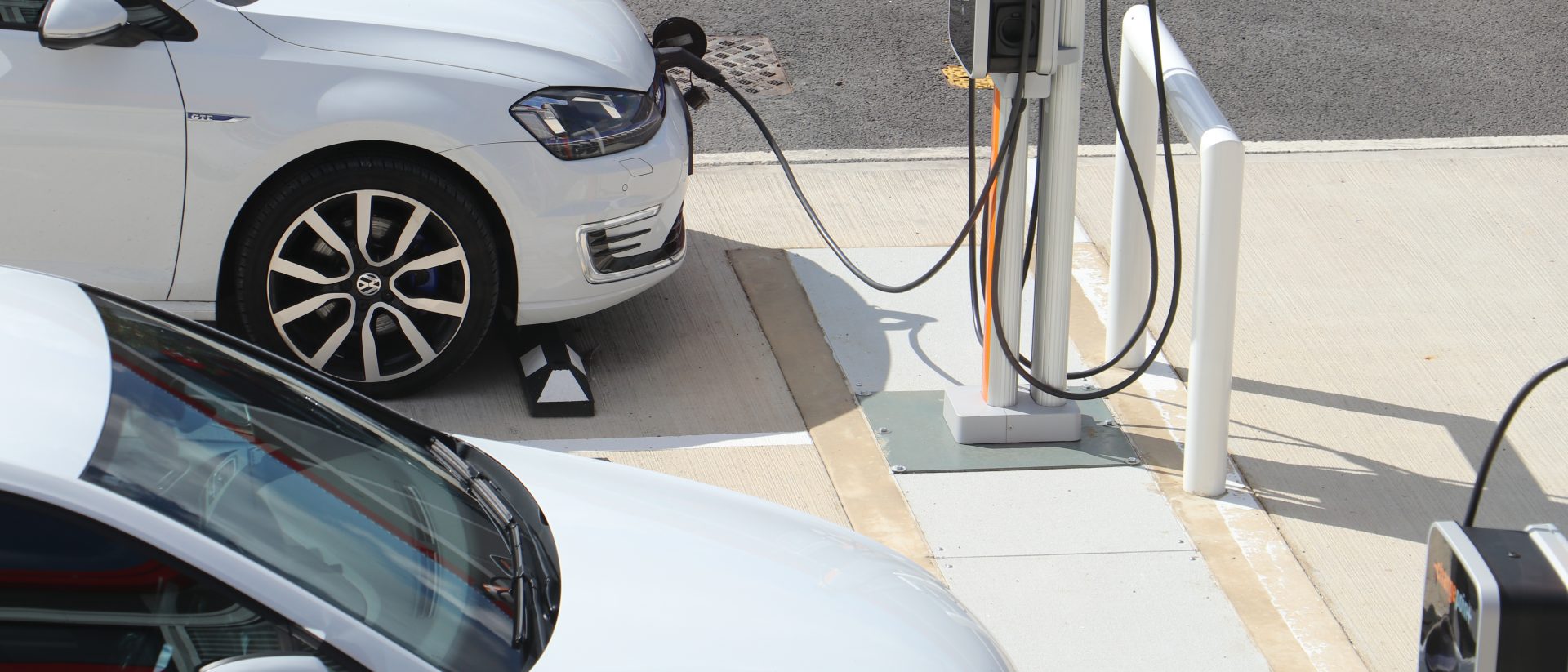- REA welcomes Policy Exchange EV Charging report and its key recommendations around local authorities, maintenance, and interoperability
- Government also confirm that the Onstreet Residential Chargepoint Scheme (ORCS) will be extended for another year
- REA comments on both announcements
The REA have welcomed the publication of the Policy Exchange’s EV Charging Report.
The report, released today, makes a series of policy recommendations which the Government must undertake to help rapidly expand the UK’s chargepoint network, minimise the total cost of installation and maintenance, and finding new and innovative solutions.
Key points include:
- During the 2020s, the UK needs to deploy chargers five times faster than today, to meet the 2030 phase-out.
- In underserved areas, government should procure chargepoint through competitive tenders. These tenders should offer long-term contracts to chargepoint operators.
- These contracts be structured as a minimum revenue guarantee, but also a price cap to avoid local monopolistic behaviours and requirements on interoperability and reliability.
- There should also be a process of tendering for high-powered chargepoints and associated ‘strategic grid connections’ at key locations like motorway service areas.
- Government should fund EV ‘Chargepoint Teams’ in local authorities to facilitate the rollout of chargepoints, including identifying blackspots.
Simultaneously, the UK’s Office for Zero Emission Vehicles has confirmed that the Onstreet Residential Chargepoint Scheme (ORCS) has been extended until 2021/22.
Daniel Brown, Head of Transport at the Association for Renewable Energy and Clean Technology (REA), said:
“Policy Exchange’s report is an important addition to the debate around the future of the UK’s electric vehicle charging infrastructure. Roaming, maintenance, and data sharing are all key priorities for the industry and our members are working hard to build out a well maintained and interoperable charging network.
“We are particularly supportive of the proposals to provide local authorities more support so that they fully design decarbonisation strategies and deliver comprehensive tenders.”
The Policy Exchange’s report ‘Charging Up’ can be found here: https://policyexchange.org.uk/publication/charging-up/
On the extension to the Onstreet Residential Chargepoint Scheme, Daniel Brown commented:
“Today’s confirmation that this important scheme will be extended is a welcome relief for charge point developers who, as of yesterday, saw a cliff edge where support for this part of the market was due to abruptly wind up this spring.
“Further central government support for local authorities to be deploying charging infrastructure is urgently needed and the charging sector is now keenly awaiting details about how the new £90m Local Authority Fund, confirmed in the Spending Review, will be structured and deployed. Central Government should also be standardising local authority procurement processes for EV chargers to ensure a level playing field, which will be made more straightforward with the forthcoming framework from the Crown Commercial Service.”
The Government’s confirmation of the scheme’s extension can be found here: https://www.gov.uk/government/news/government-powers-up-electric-vehicle-revolution-with-20-million-chargepoints-boost
—ENDS—
For more information or to request an interview, please contact:
Jack Abbott, PR and Communications Manager,
07590 627739/ jabbott@r-e-a.net
About the REA’s Electric Vehicle Forum:
The REA’s EV Forum is comprised of around 85 companies involved in financing, installing, operating, manufacturing, and providing services to the UK’s EV charging infrastructure market. The REA additionally serves as secretariat to the All-Party Parliamentary Group (APPG) on Electric Vehicles.
For more information, visit: https://www.r-e-a.net/our-members-forum/electric-vehicles/
About the Association for Renewable Energy and Clean Technology (REA):
The Association for Renewable Energy and Clean Technology (known as the REA) is the UK’s largest trade association for renewable energy and clean technologies with around 550 members operating across heat, transport, power and the Circular Economy. The REA is a not-for-profit organisation representing fourteen sectors, ranging from biogas and renewable fuels to solar and electric vehicle charging. Membership ranges from major multinationals to sole traders.

